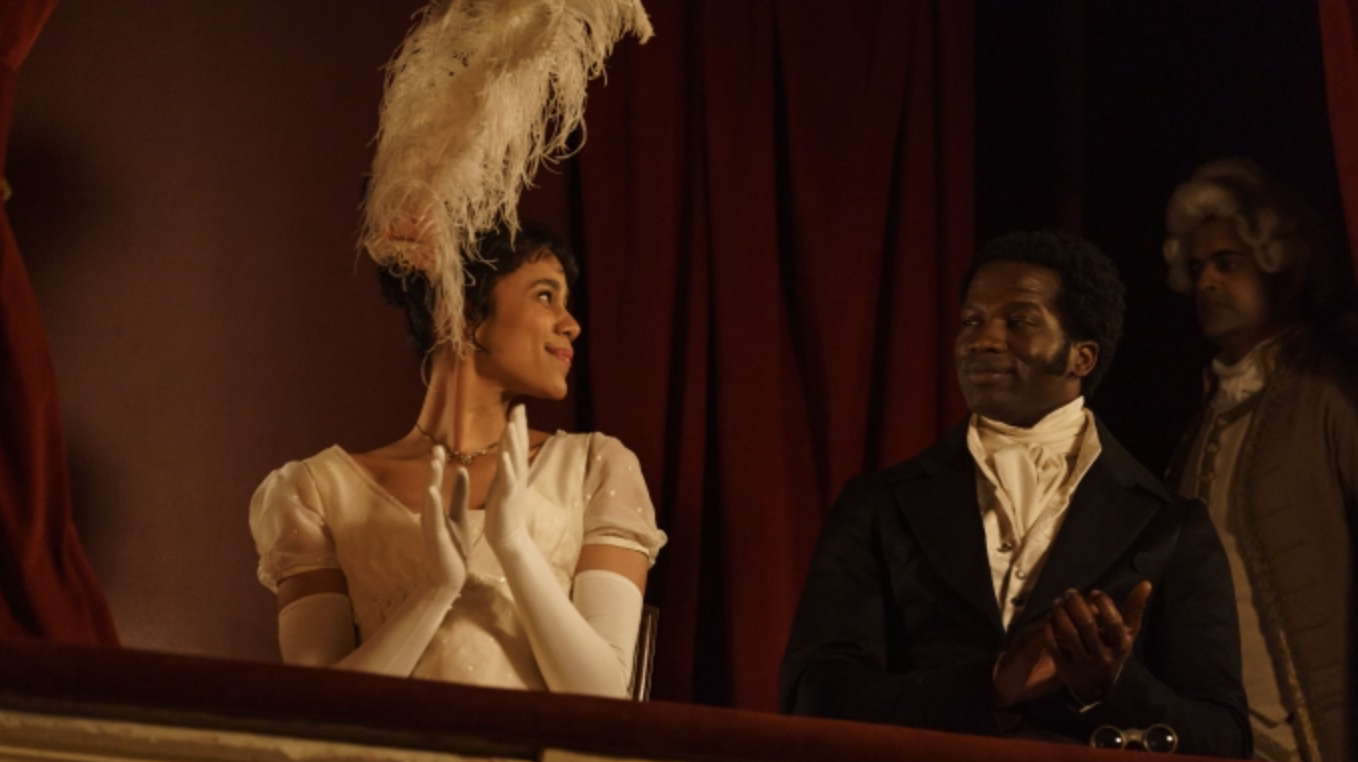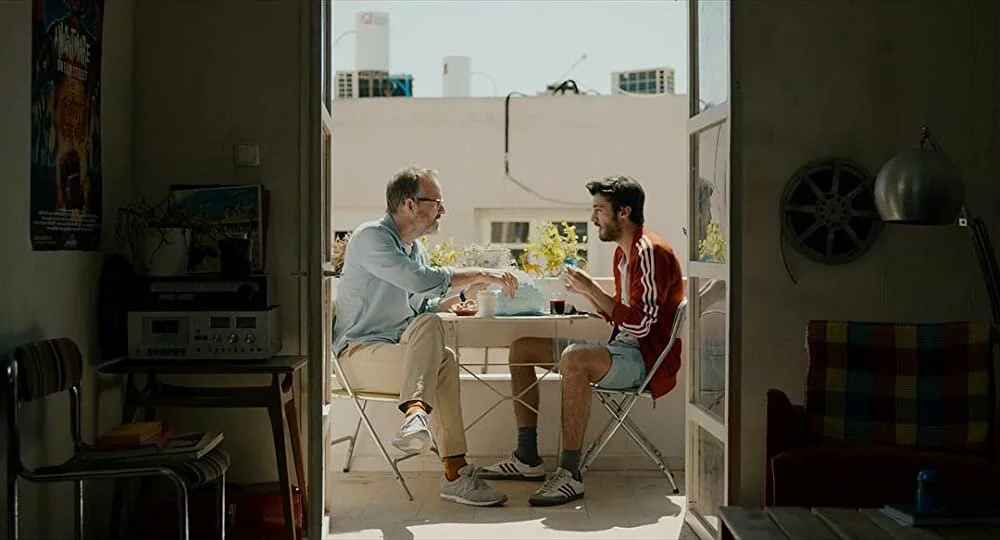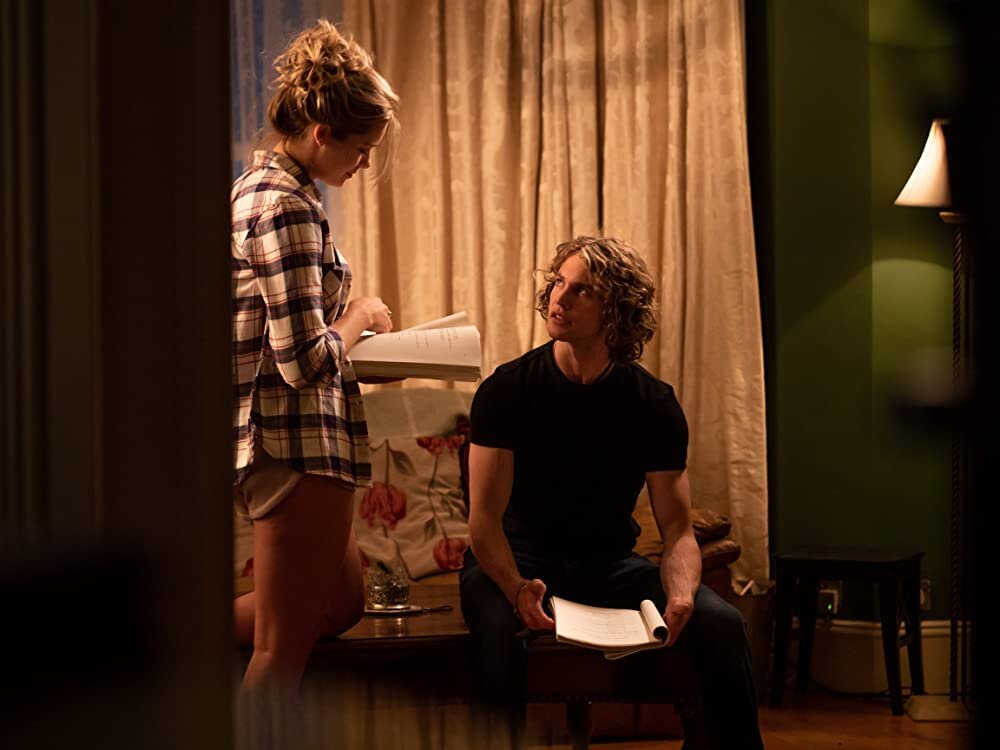BONES AND ALL
Directing: B-
Acting: B-
Writing: B-
Cinematography: B+
Editing: B+
I left Bones and All unable to decide what to make of it. I’m still feeling that way, to a degree. Maybe I would feel differently, or have more conviction, about it after a rewatch, maybe after some time has gone by. I’m not sure I’ll ever want to watch this movie again. The closest I can get to sincerely complimenting it is to acknowledge that it’s not just fucked up, but fucked up in a way we’ve never seen in cinema before.
It also could be argued that some innovations are entirely unnecessary. Indeed, one of the questions I keep coming back to is: why? Luca Guadagnino, who directed and wrote this adaptation of the novel by Camille DeAngelis, has married two very disparate genres: tender love story, and horror. But why?
Maybe because there was something more obviously valuable to the story as it existed in the novel. I can’t speak to that, as I’ve never read it. And when it comes to Guadagnino, that guy is all over the place: Call My By Your Name (2017) was a modern masterpiece of queer cinema; he followed that up a year later with Suspiria, which was a wild mess. Then, in 2020, he gave us the immersive and deeply ambiguous limited series We Are Who We Are, which absolutely was not for everyone but really spoke to me.
Maybe it’s just when Guadagnino shifts into horror that he no longer speaks to me. He has a unique sensibility that, when married to the horror genre, just puts me off. And what purpose does it serve for us to see a tender love story about cannibals? It’s possible there is an allegorical element here, except that I fail to see any need for allegory when we live in a time when it’s easier and more effective just to be straightforward.
Guadagnino hires very talented actors, and then doesn’t seem to direct them very much. And clearly there is loyalty to him here: Timothée Chalamet was previously in Call Me By Your Name; we also get a single scene each from Michael Stuhlbarg (also in Call Me By Your Name, here stunningly reinvented as a redneck) and Chloë Sevigny (previously in We Are Who We Are). The talented actors command the screen regardless, and are often unrecognizable in this film—I did not realize the nomadic and vaguely sinister old man and would-be cannibal mentor was Mark Rylance until I viewed the credits. Other, less significant characters, though, are portrayed by actors whose deliveries feel just barely this side of unrehearsed. There is a naturalistic looseness to Guadagnino’s approach that works spectacularly some of the time, and not at all at other times.
The primary protagonist is Maren (Taylor Russell), a teenager only just turned 18, at which point her heretofore stunningly protective father (André Holland) finally abandons her, no longer able to cope with the responsibility of moving them to a new town every time she bites off a friend’s finger.
There is a curious establishment of rules in the universe of this film, where cannibals have a kind of sixth sense about each other. More specifically, they can recognize each other’s scent, which is how the creepy old man finds Maren to begin with. He teaches her how to recognize and use their smell, as well as some rules to live by that he’s established for himself. Eventually it becomes clear there is an invisible minority that the public at large cannot see, but they have ways of recognizing each other.
But then Maren meets Lee (Chalamet), and she’s more interested in being taught by him. A friendship blooms, and eventually romance too. It’s all very tender and sweet, except they are feeding on the corpses of fellow human beings in the meantime. This scenario doesn’t lay out any moral dubiousness, instead revealing elements of self-loathing and guilt over the things they are compelled to do. This all feels very on the nose as a metaphor for, say, queer people in the closet, especially at the time this is set (the 1980s). Except that cannibalism actually is literally grotesque, and I don’t know what any of this really has to offer the year 2022.
It’s entirely possible I am missing something. As it is, I kind of just don’t get it. I was fully engaged and consistently intrigued by this film, but I can’t say it enriched me in any way. Does it offer any useful insights? Is it actually entertaining? An older couple sitting in my same aisle got up and left the theater after the first onscreen feeding. Honestly they likely had a better time of the following two hours than I did, or at least had an easier time making sense of it.
Oh did I mention this movie features cannibalism as an act of love and mercy?
Overall: B-










